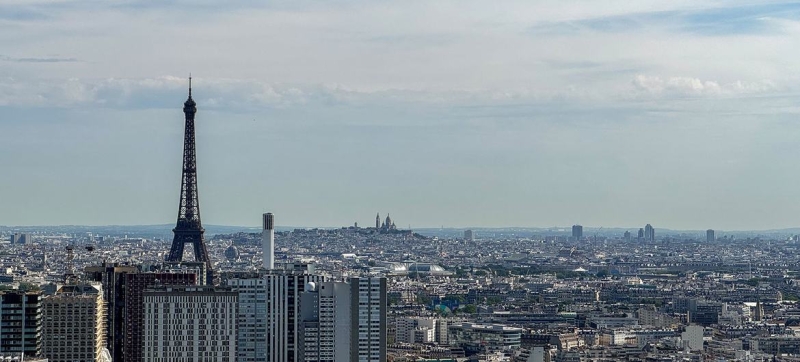
Afghan team to compete in Paris Olympics UN experts: Sports organizations must take action against Taliban ban on women in sports Culture and Education
With the Paris Olympics underway on Friday, independent UN experts called on national and international sports organizations to take decisive action against the Taliban’s ban on women and girls in sports.
“For nearly three years, the Taliban have banned women and girls in Afghanistan from participating in all sports, an unacceptable violation of their rights that is not seen in any other country,” the experts said.
“This ban is part of the Taliban’s institutionalized system of discrimination and oppression based on sex and gender, which may amount to crimes against humanity,” the human rights activists added.
Despite the ban, Afghan female athletes living in exile are competing as part of the Afghan and refugee teams at the Paris Olympic and Paralympic Games, thanks to the efforts of the International Olympic Committee (IOC). The Afghan Olympic team, which does not wear the insignia of the current de facto authorities, consists of three women and three men. However, the Taliban does not recognize women as team members.
“It is essential that inspiring and talented Afghan female athletes are seen at the top of the sporting events in Paris and elsewhere, especially when they are marginalized from public life in their home country. Their participation is a counterweight to the systematic oppression and exclusion of women and girls [from public life] by the Taliban,” the experts said.
Read also:
INTERVIEW | Women Entrepreneurs in Afghanistan: Doing Business in the Context of Total Discrimination
In a letter to the IOC, they called on the entire Olympic Movement, which also includes international sports federations and national Olympic committees, to redouble their support for Afghan female athletes and to devote more resources to it. The experts reminded sports organizations of their human rights responsibilities under the UN Guiding Principles on Business and Human Rights, the Universal Declaration of Human Rights, and the Olympic Charter.
“Culture should not be used as a pretext for violating human rights, including cultural rights such as the right to participate in sport,” the experts said.
“International sports organizations have a responsibility to confront the Taliban’s repressive policies and to support Afghan female athletes wherever they are. They must refrain from any action that could be interpreted as complicity in this discriminatory and illegal policy,” the human rights defenders added.
The statement was made by the Special Rapporteur on the situation of human rights in Afghanistan Richard Bennett, members of the Working Group on Business and Human Rights, the Special Rapporteur in the field of cultural rights Alexandra Xanthaki, the Special Rapporteur on violence against women and girls Reem Alsalem and a number of other experts.
Special rapporteurs, members of working groups and independent experts are part of the so-called Special Procedures of the Human Rights Council. They work on a voluntary basis, are not UN staff and do not receive a salary for their work.
